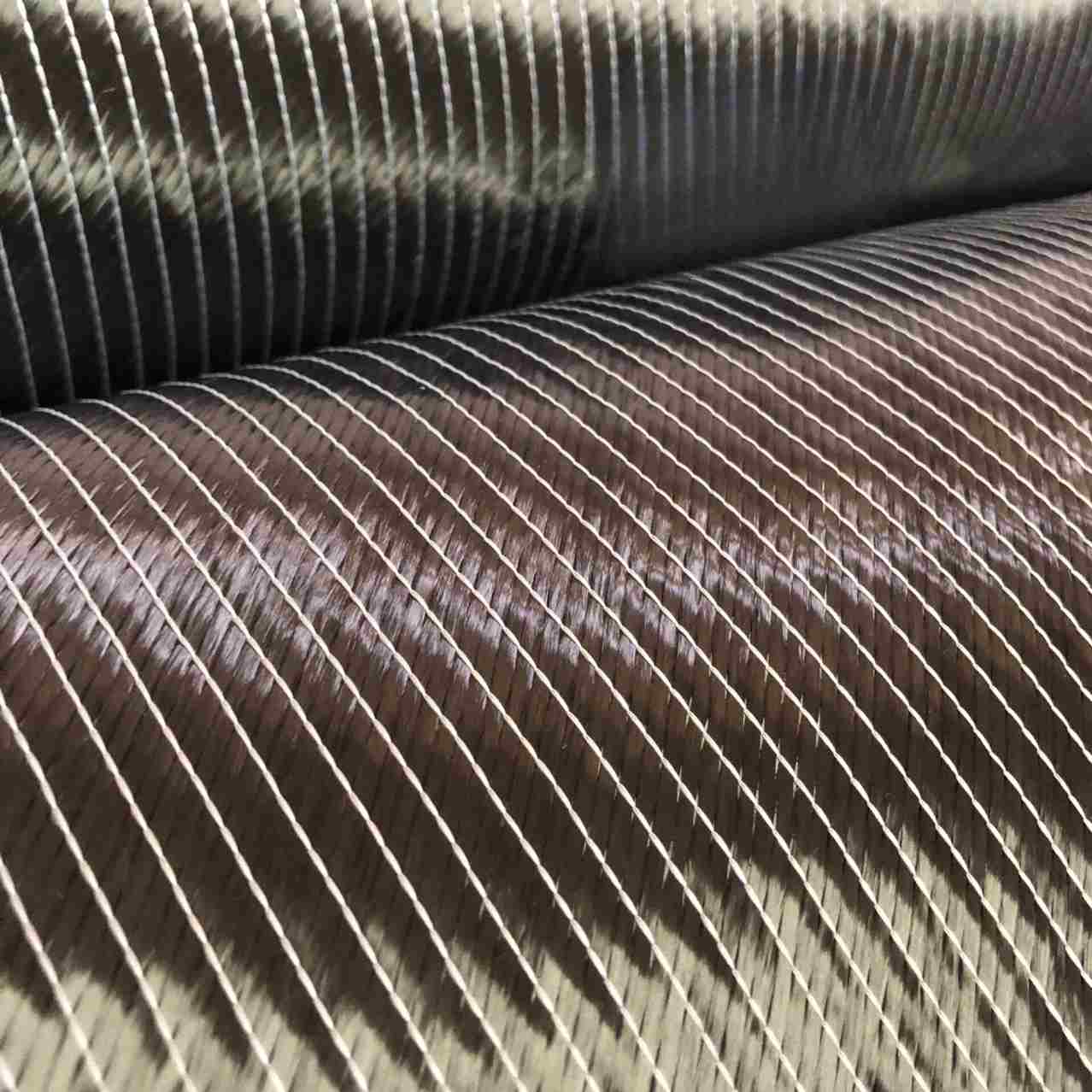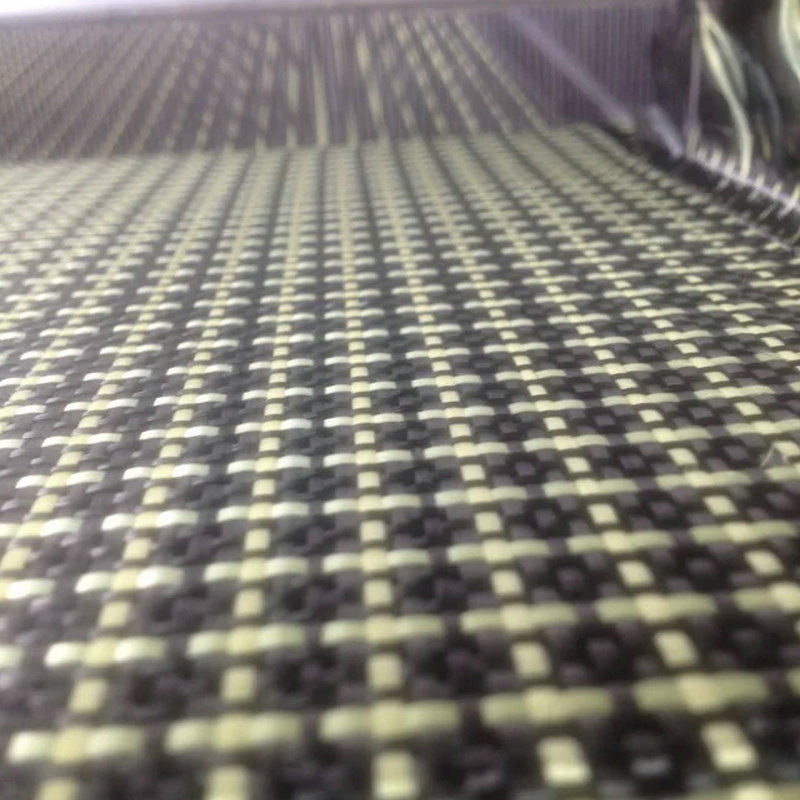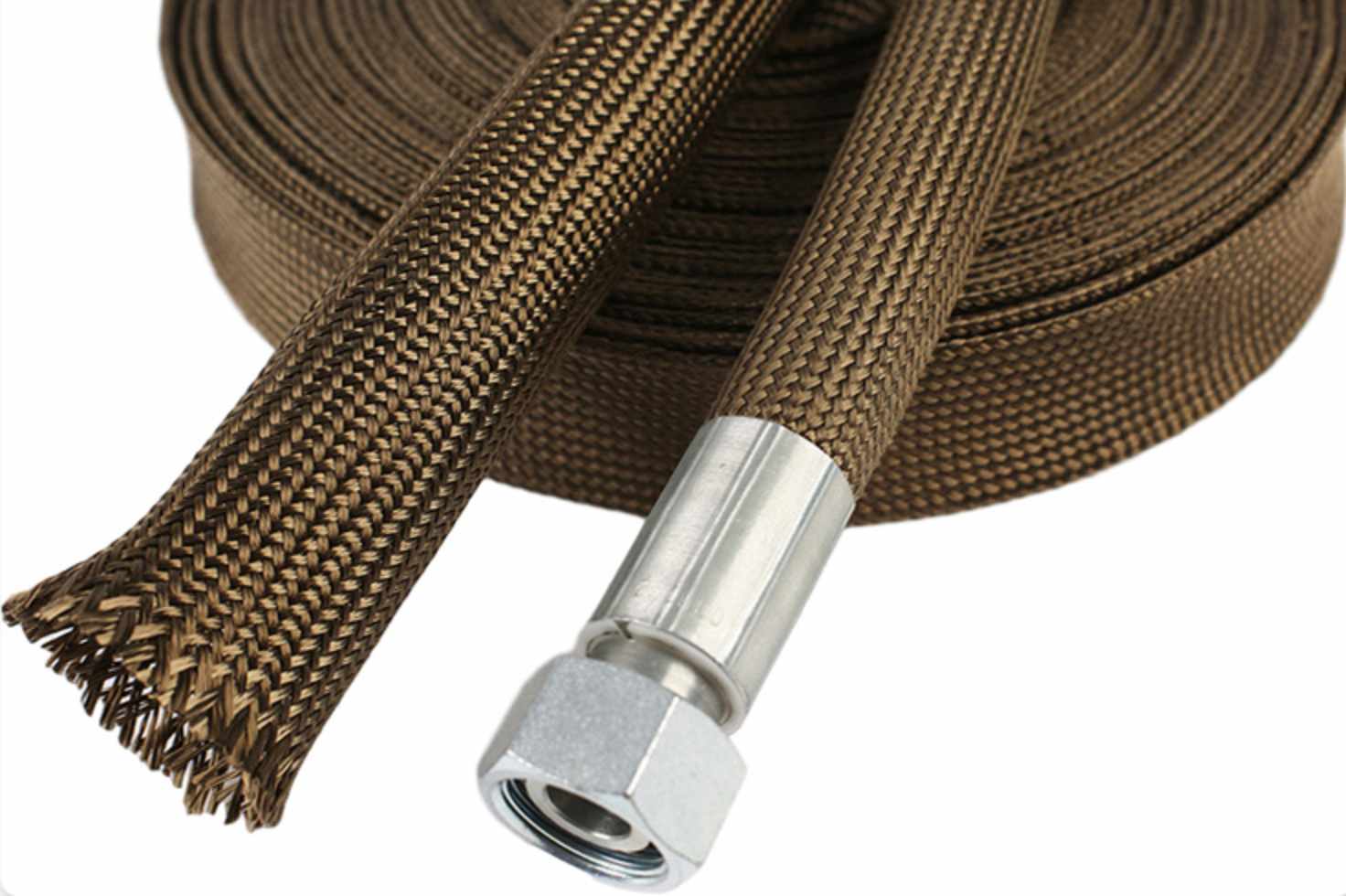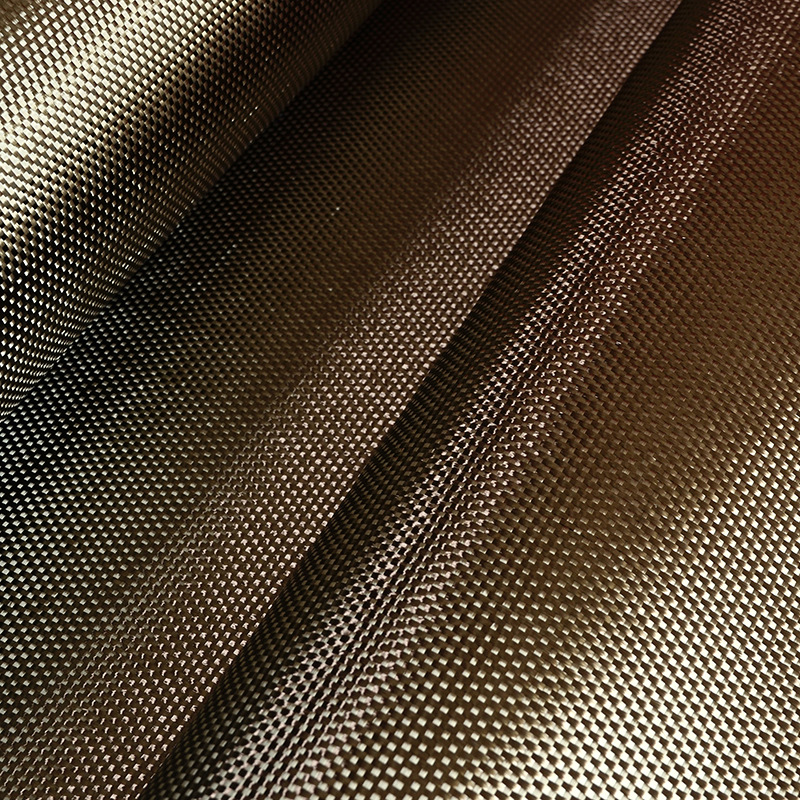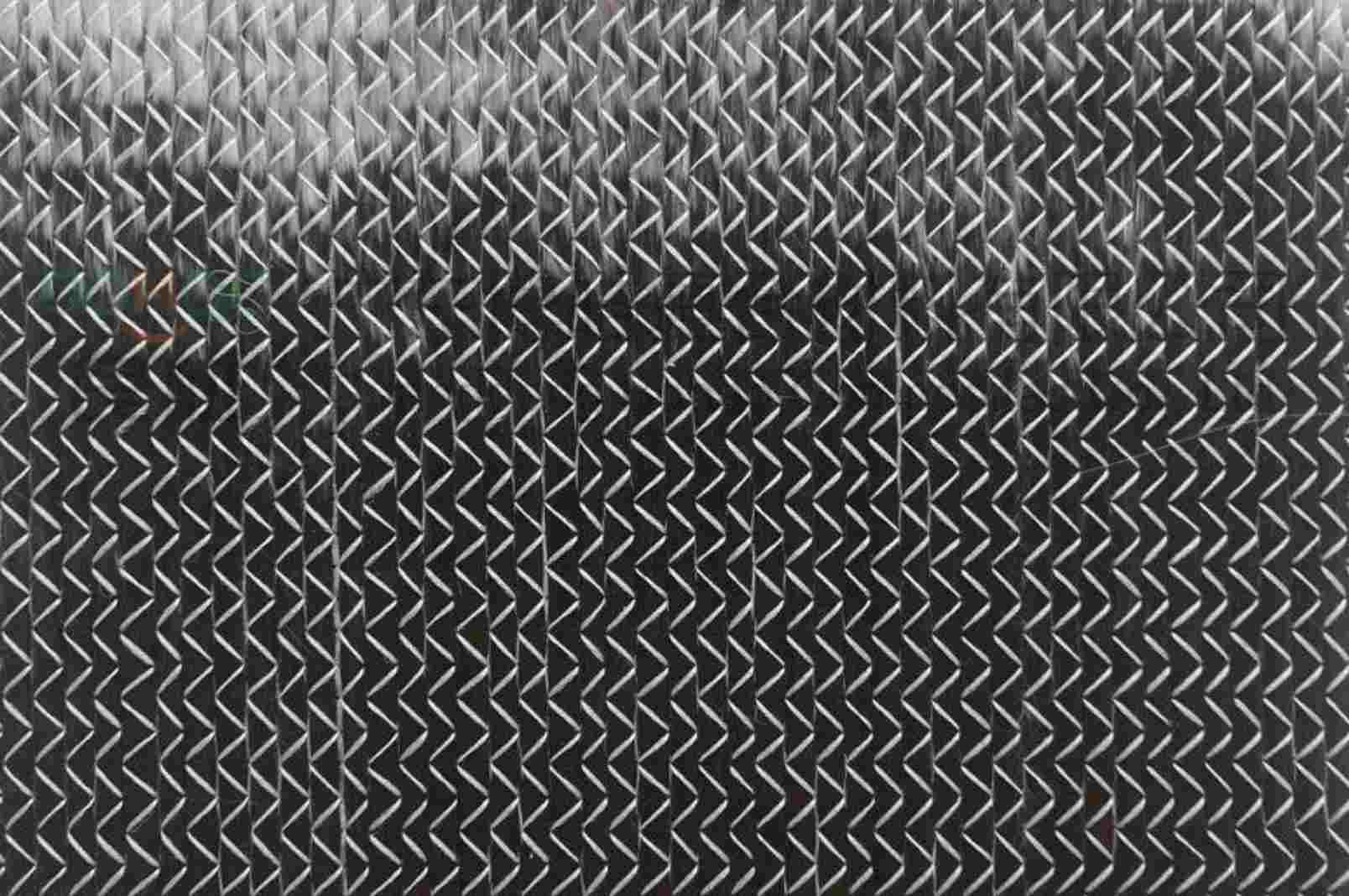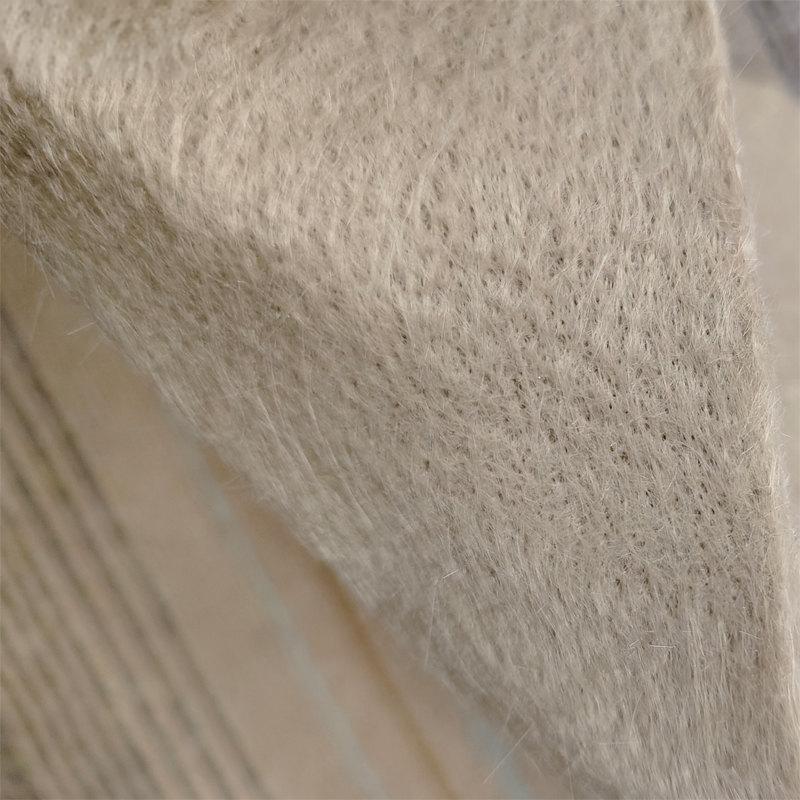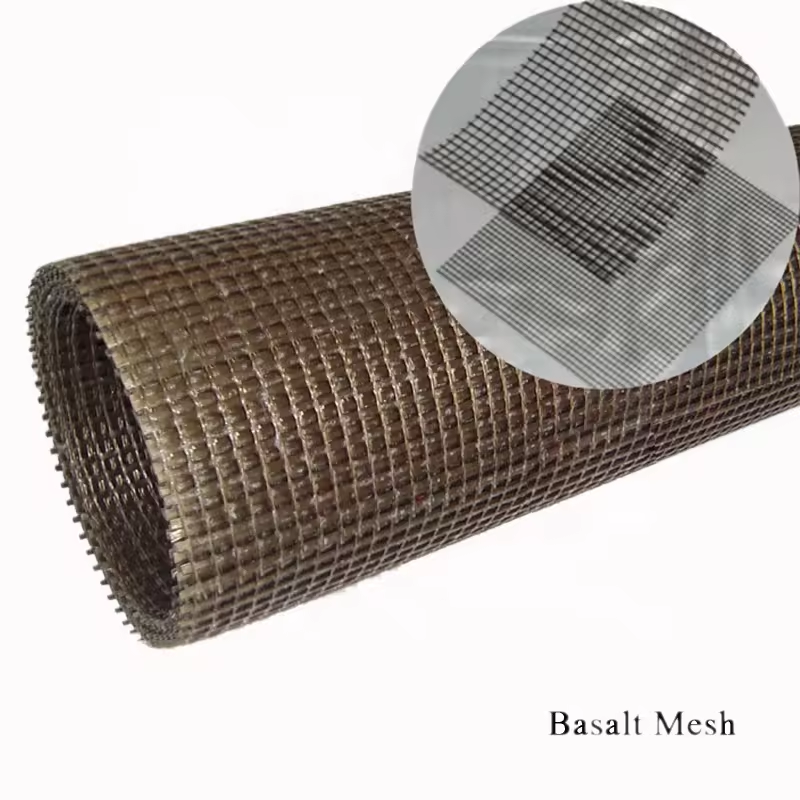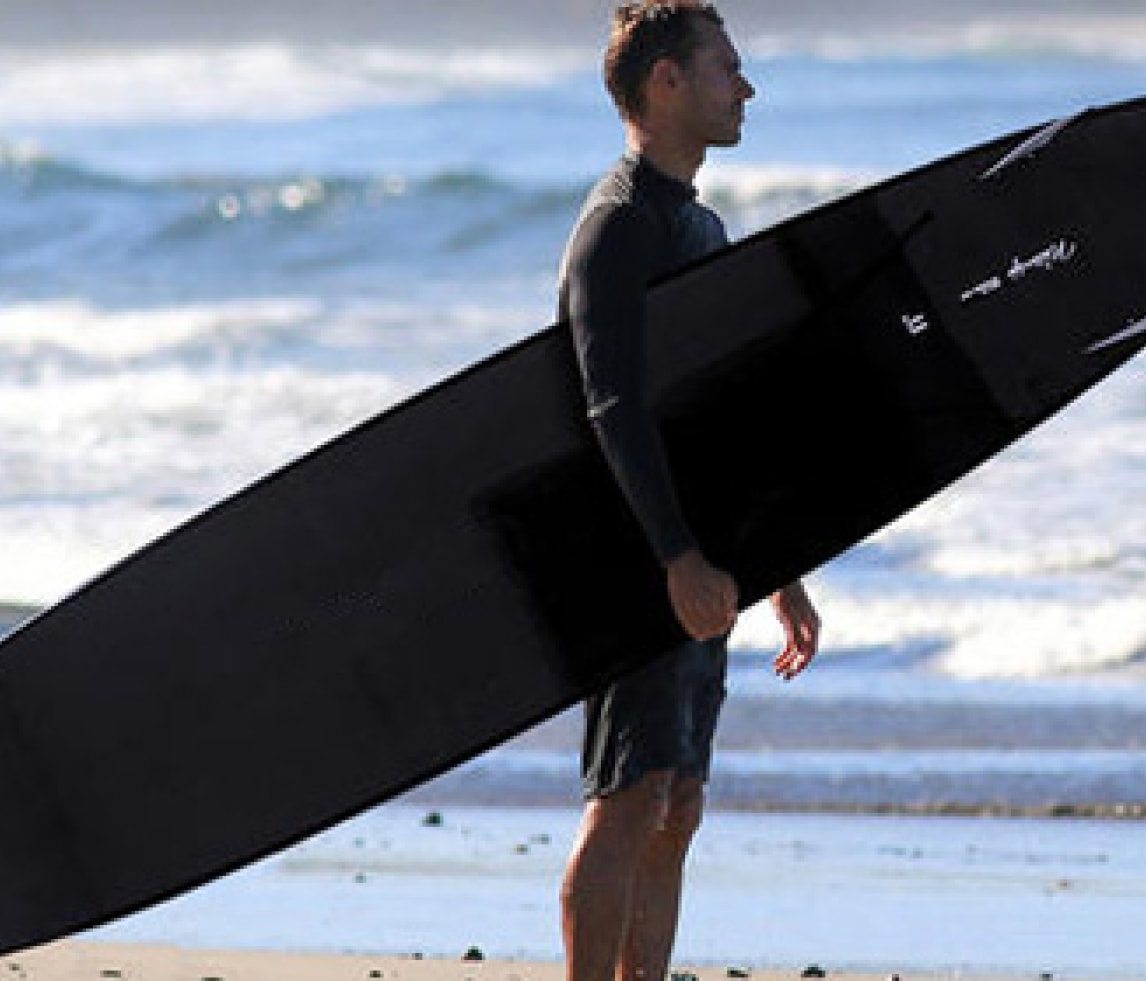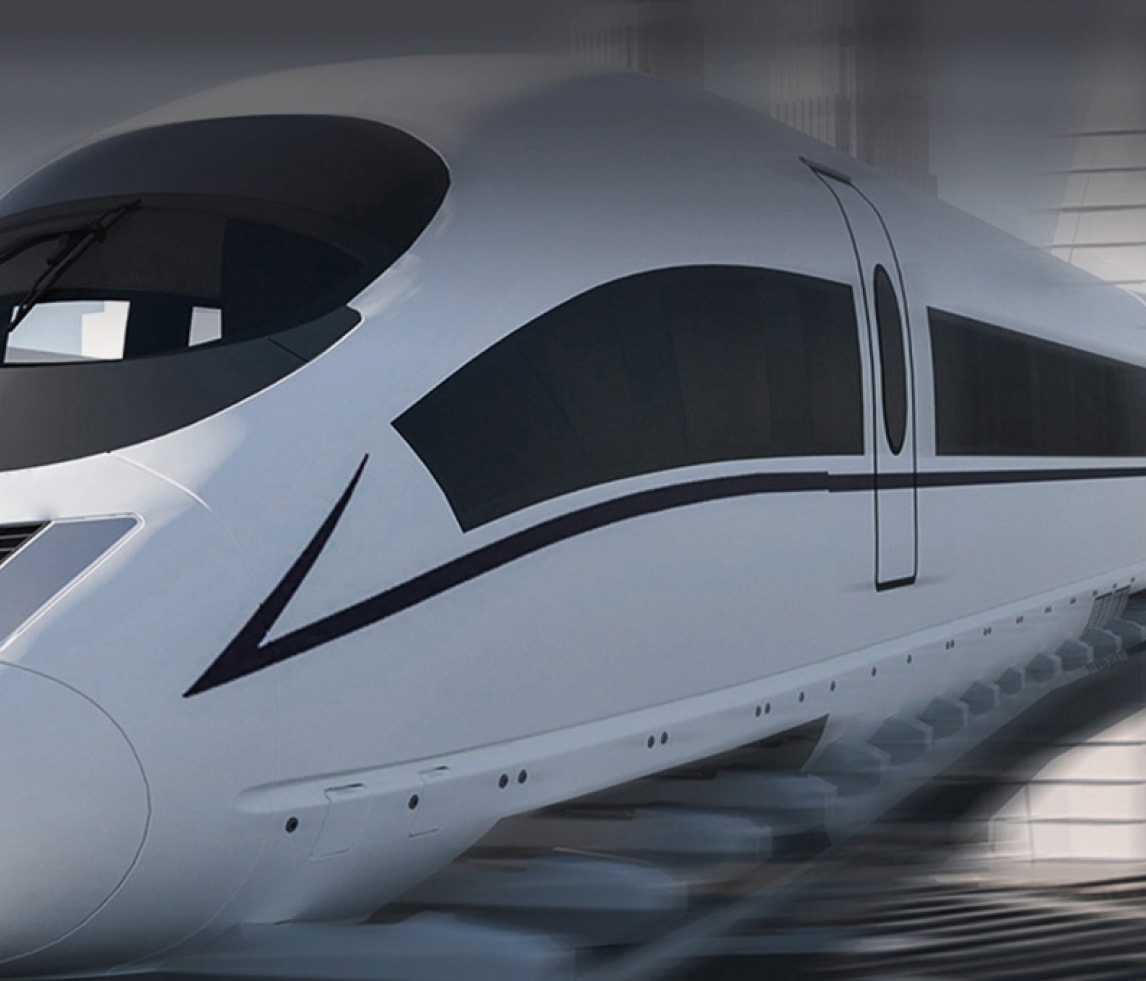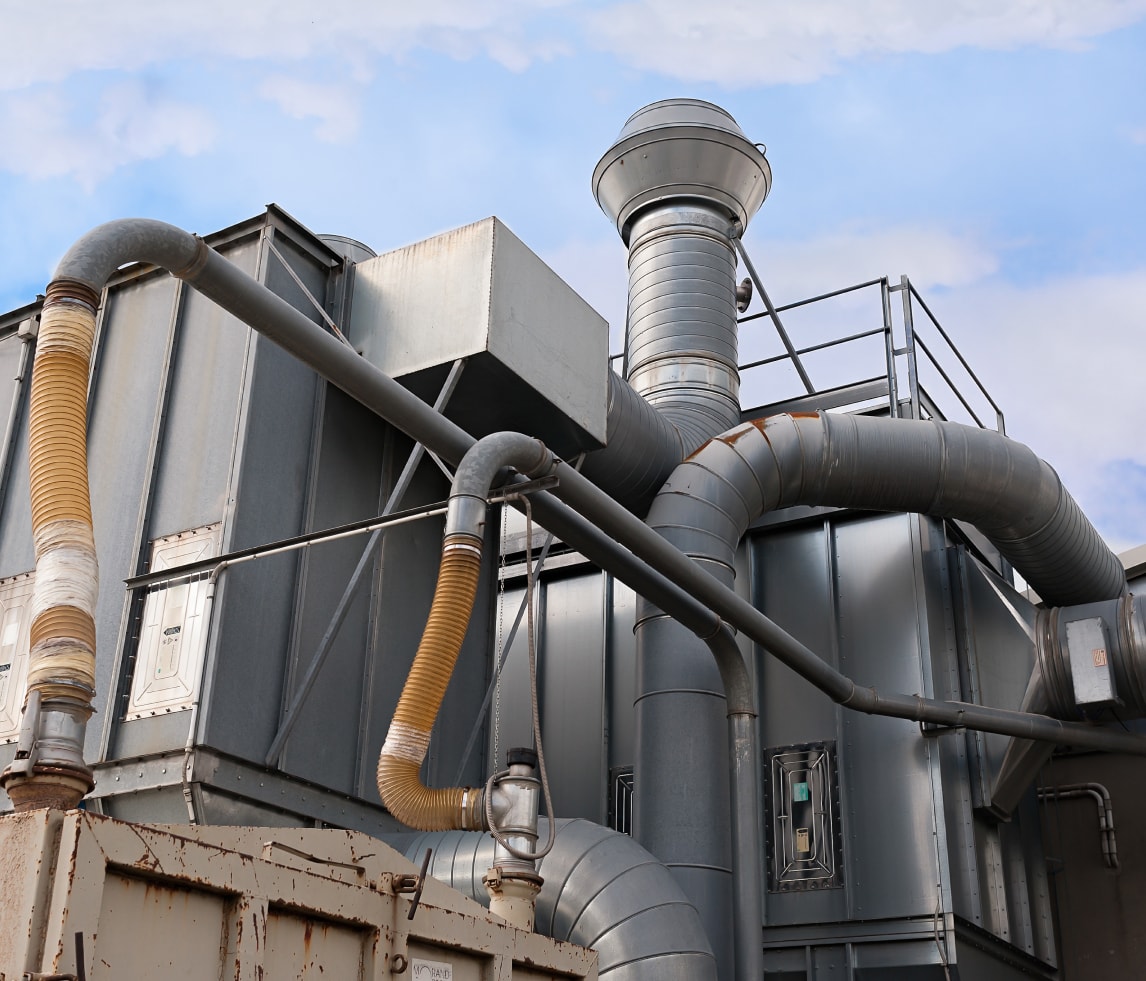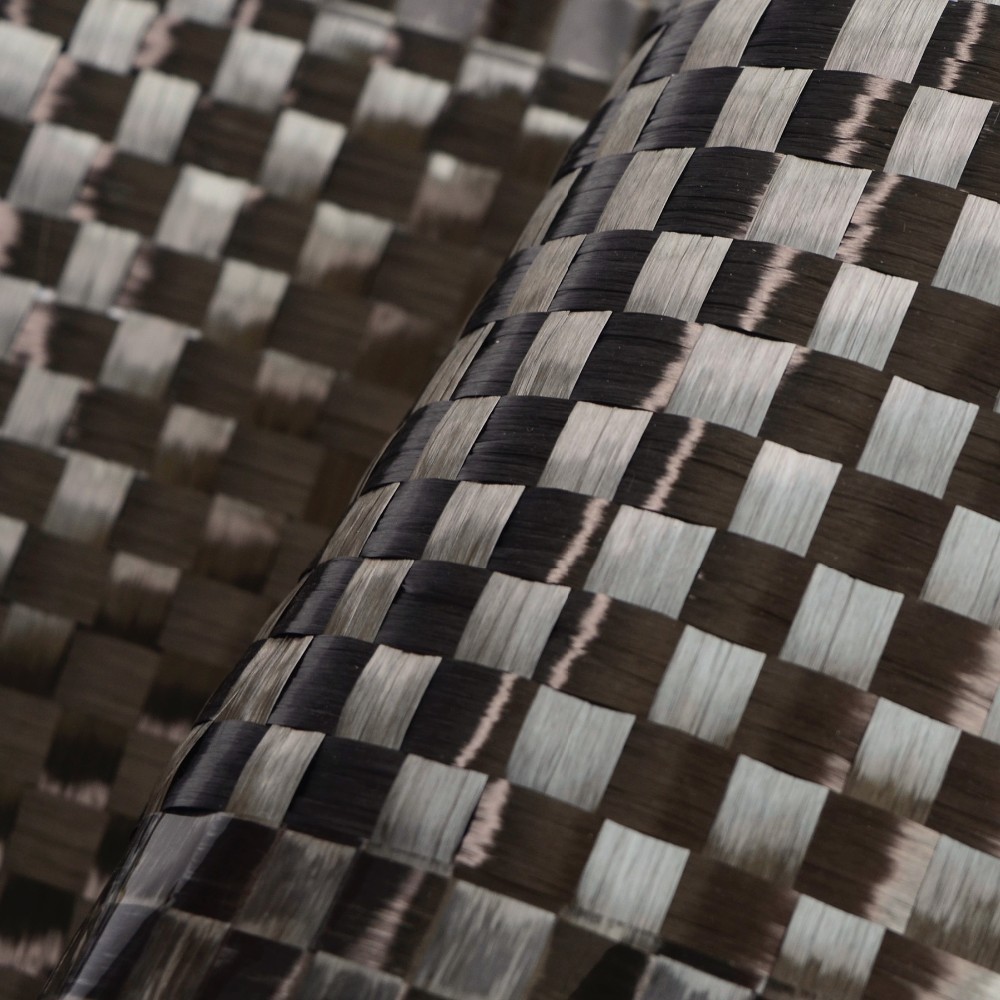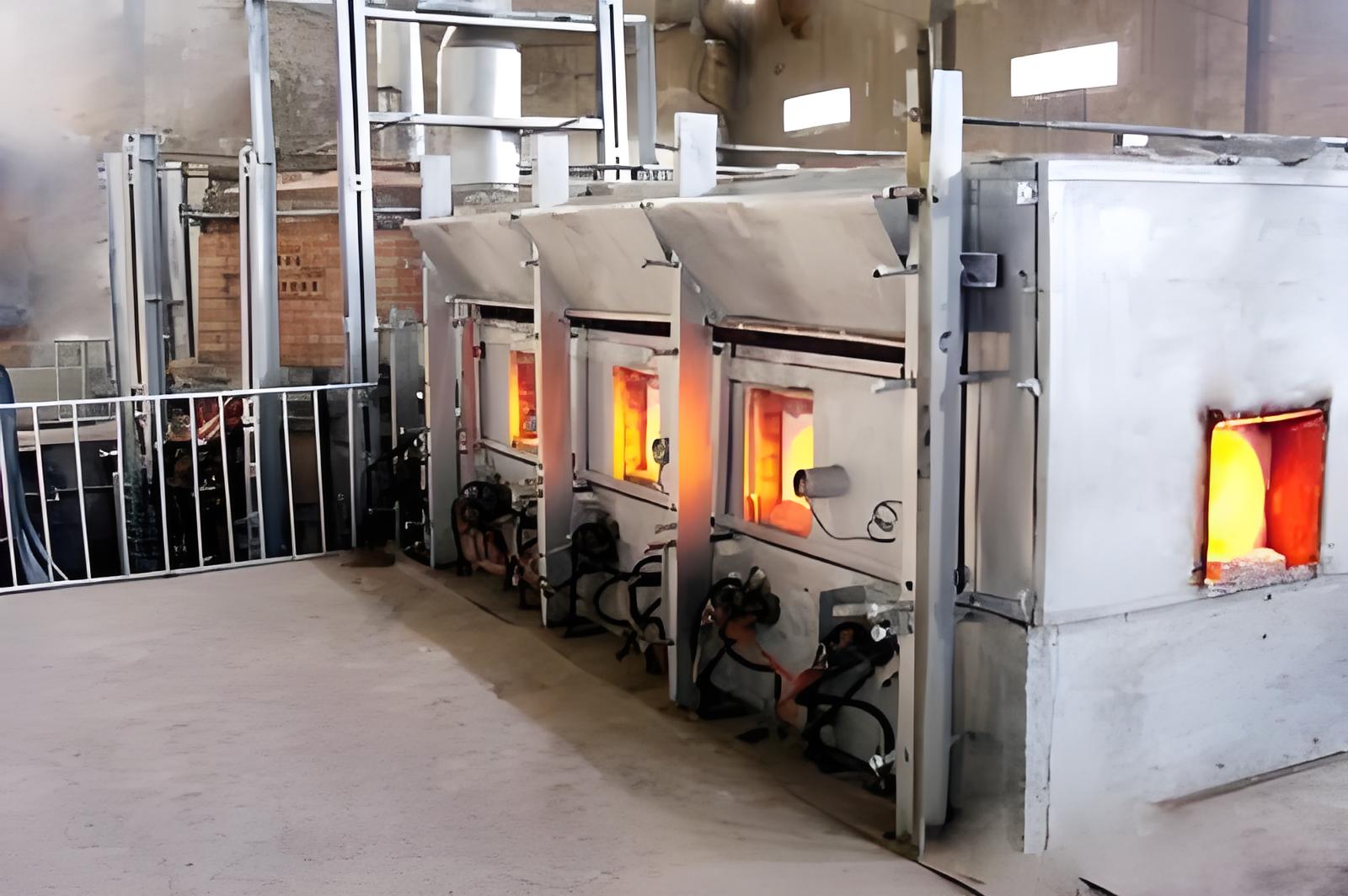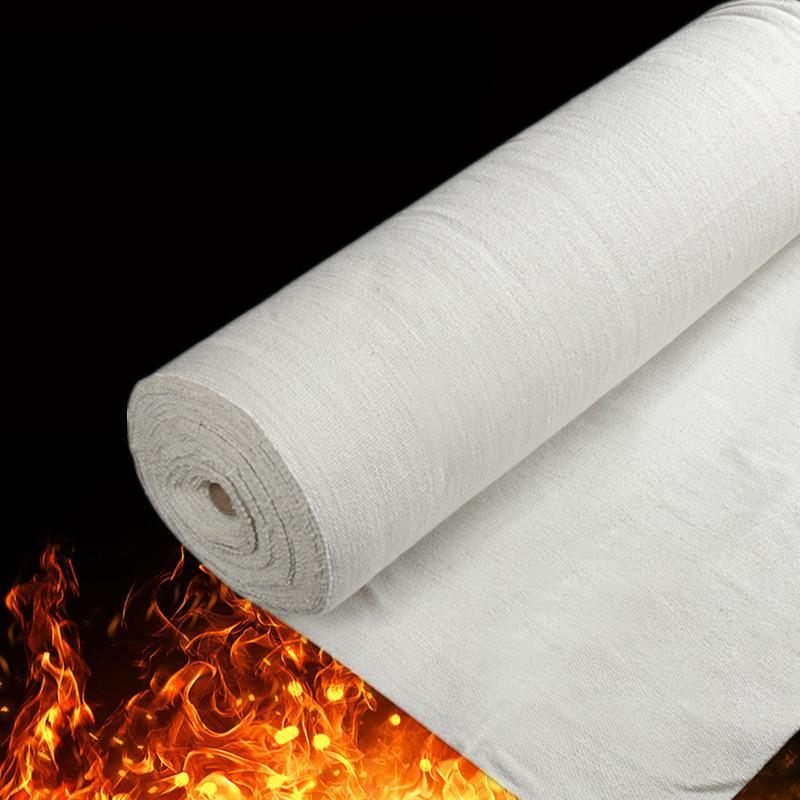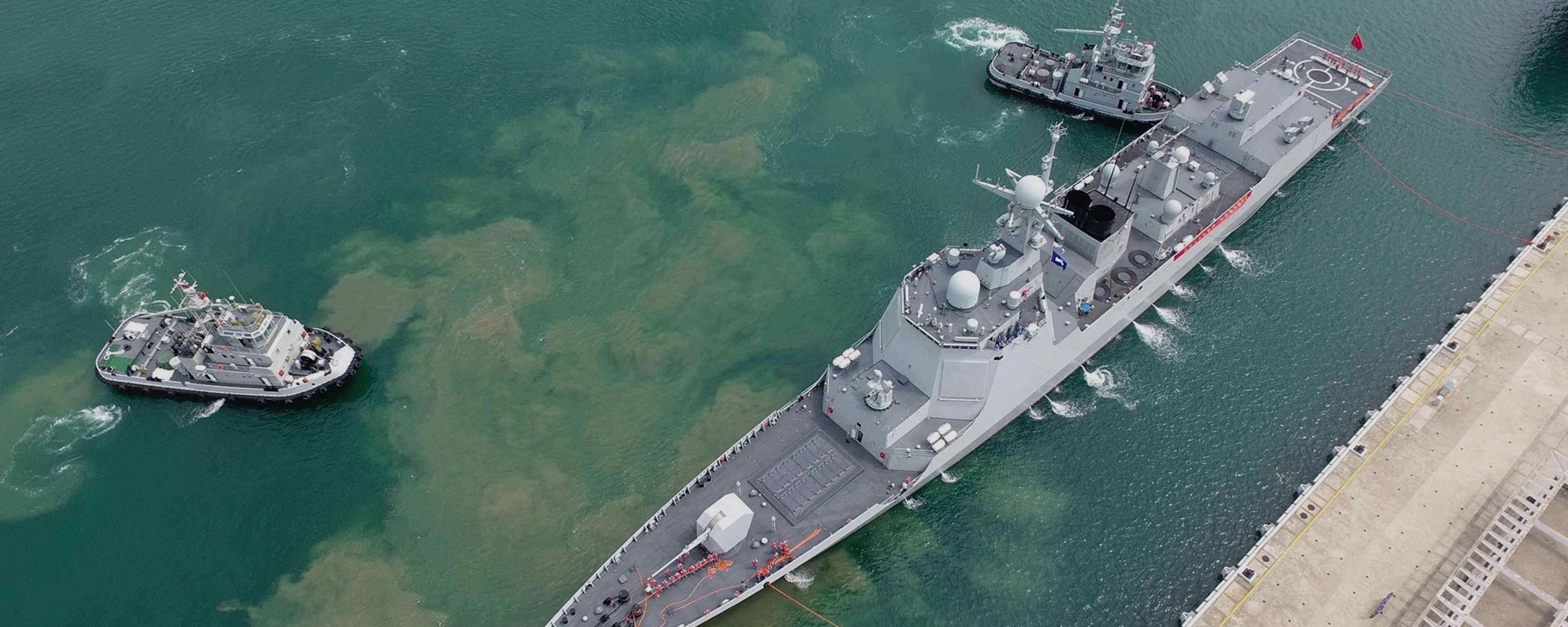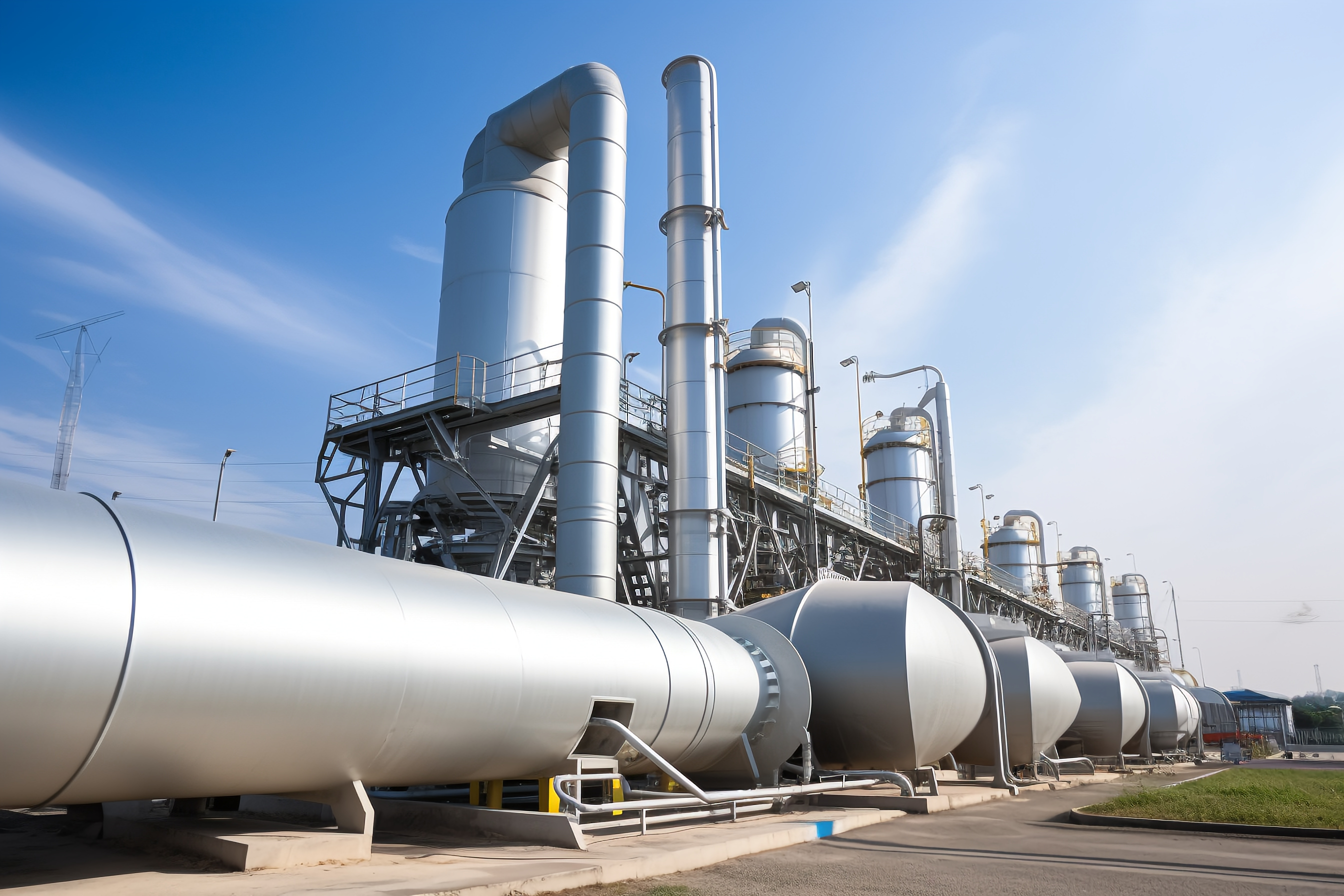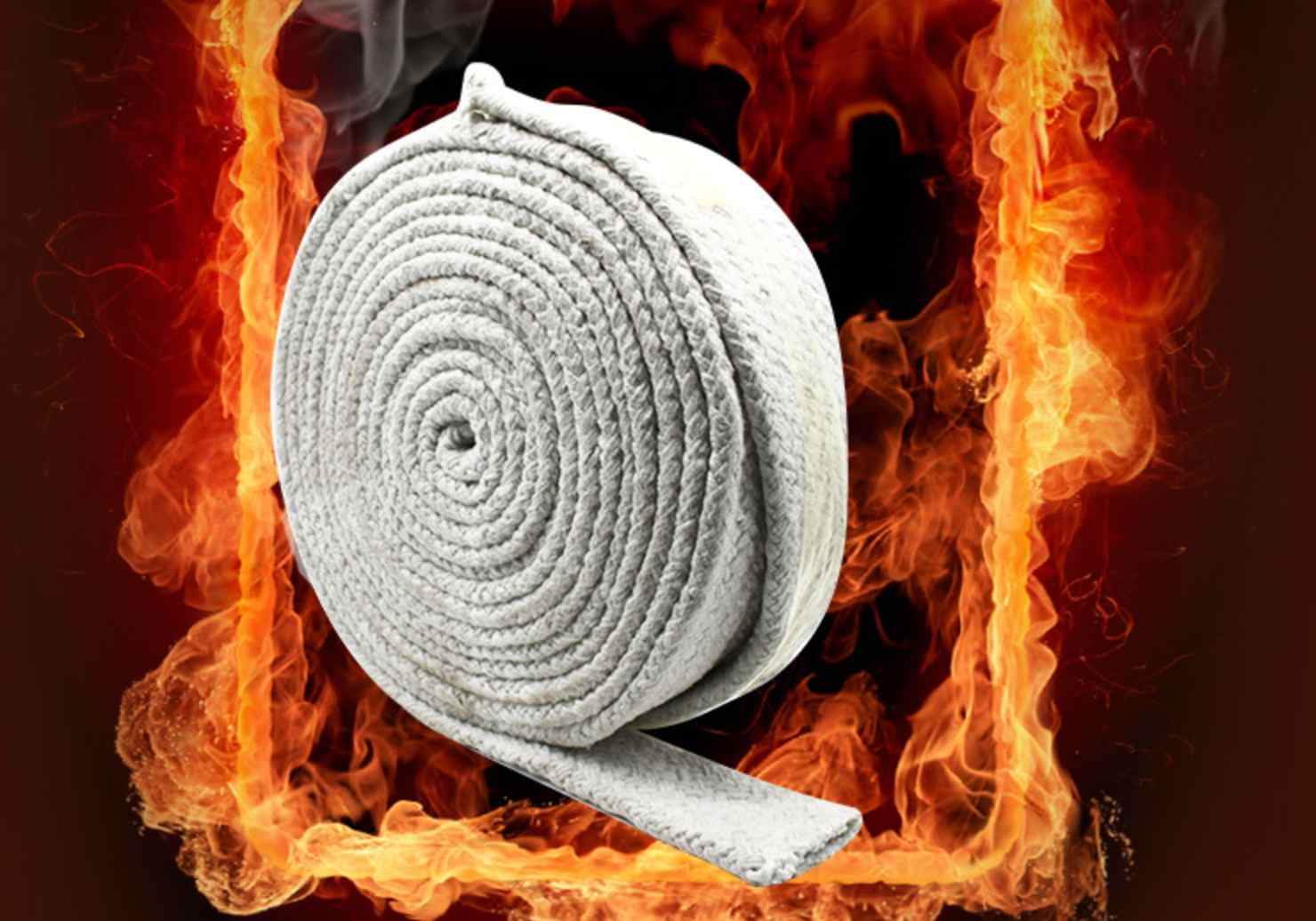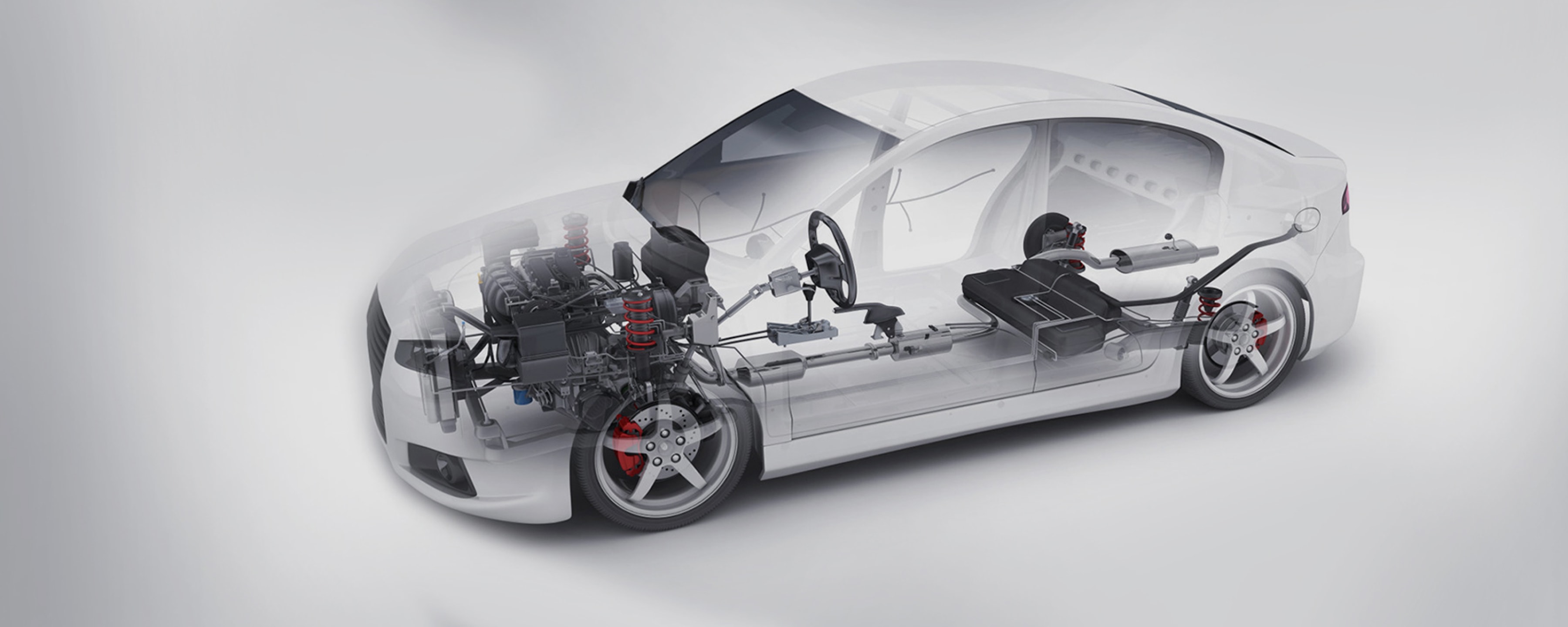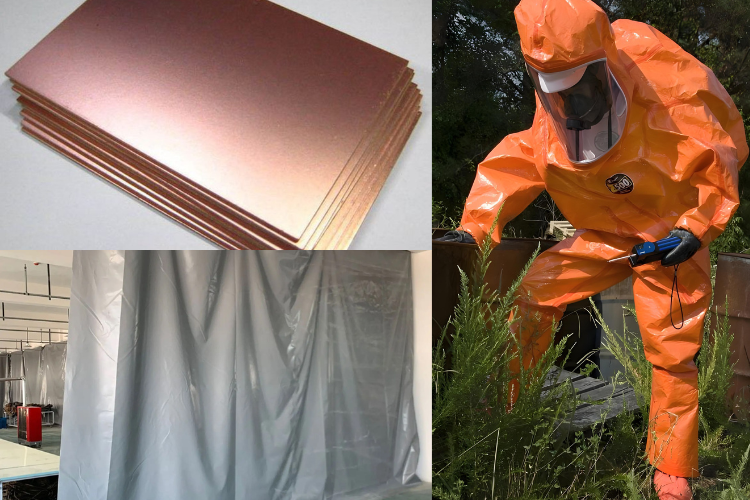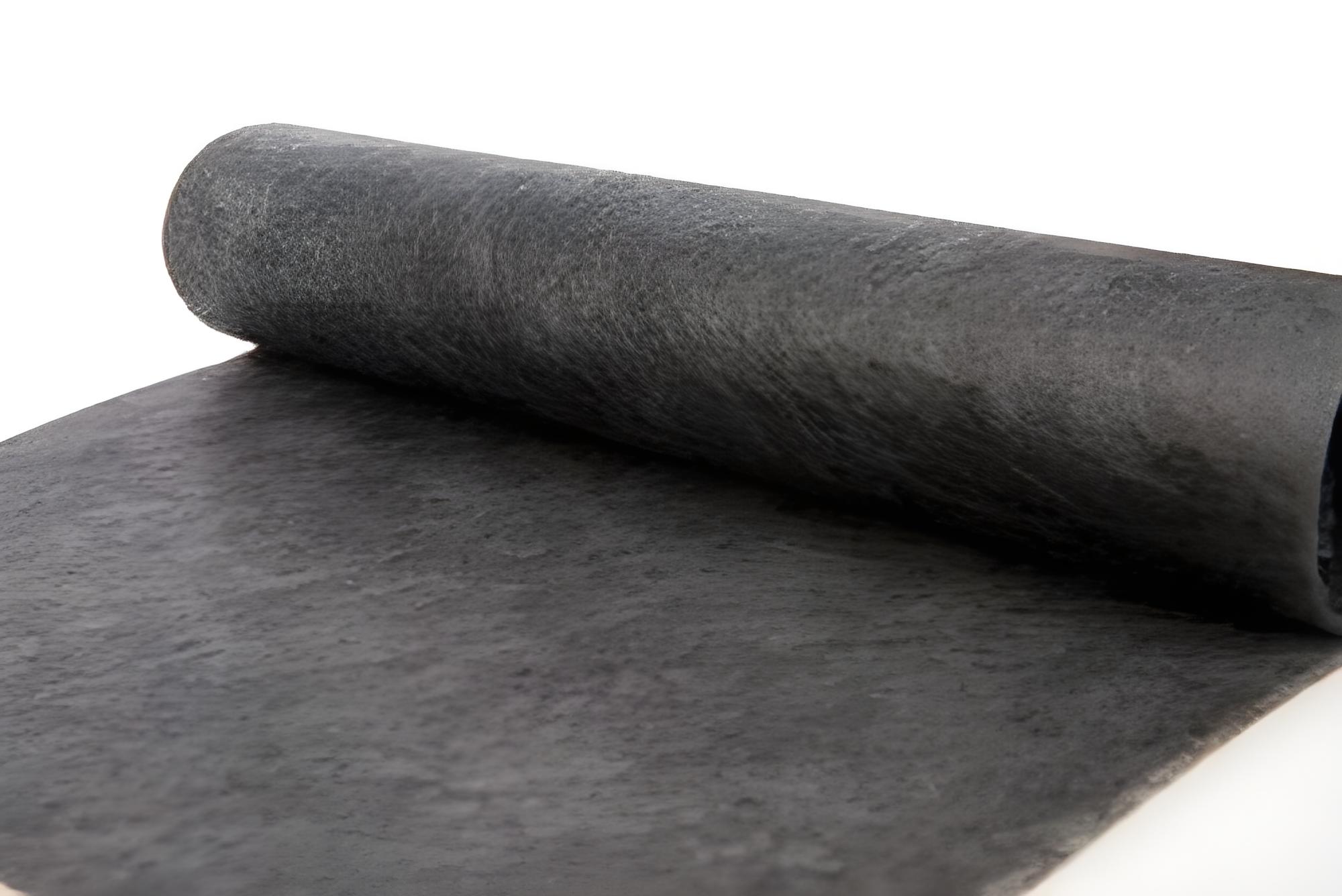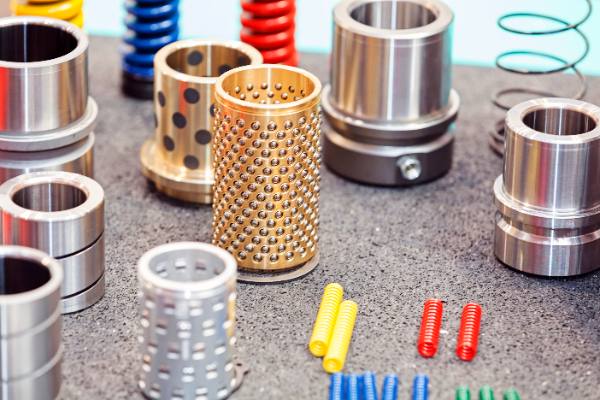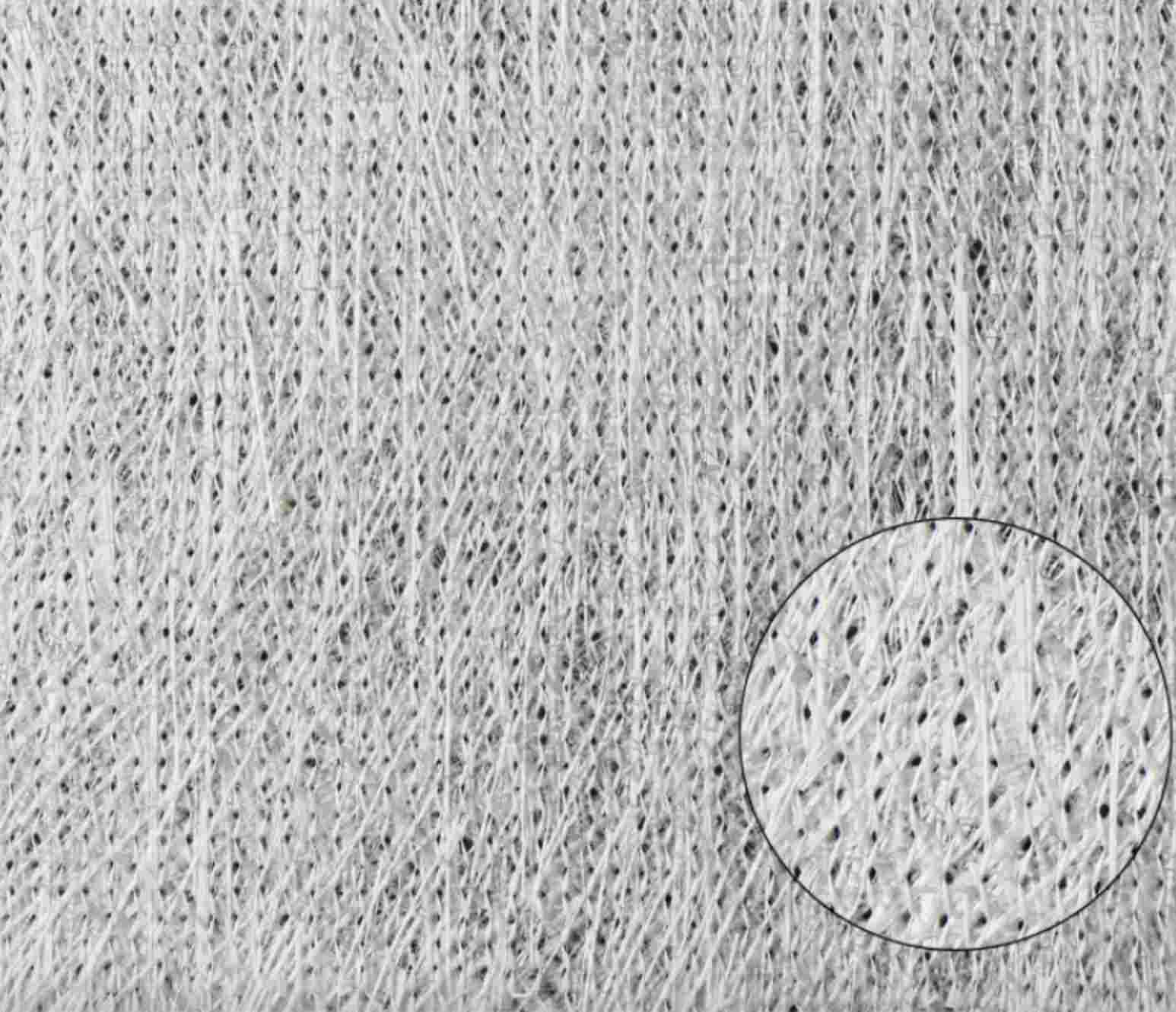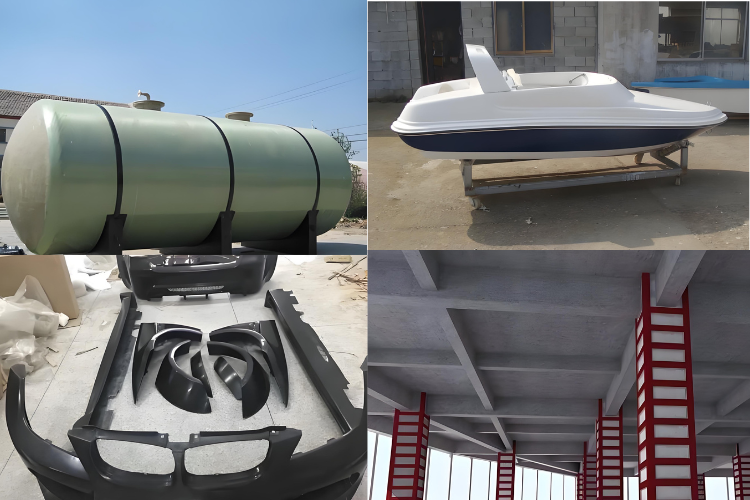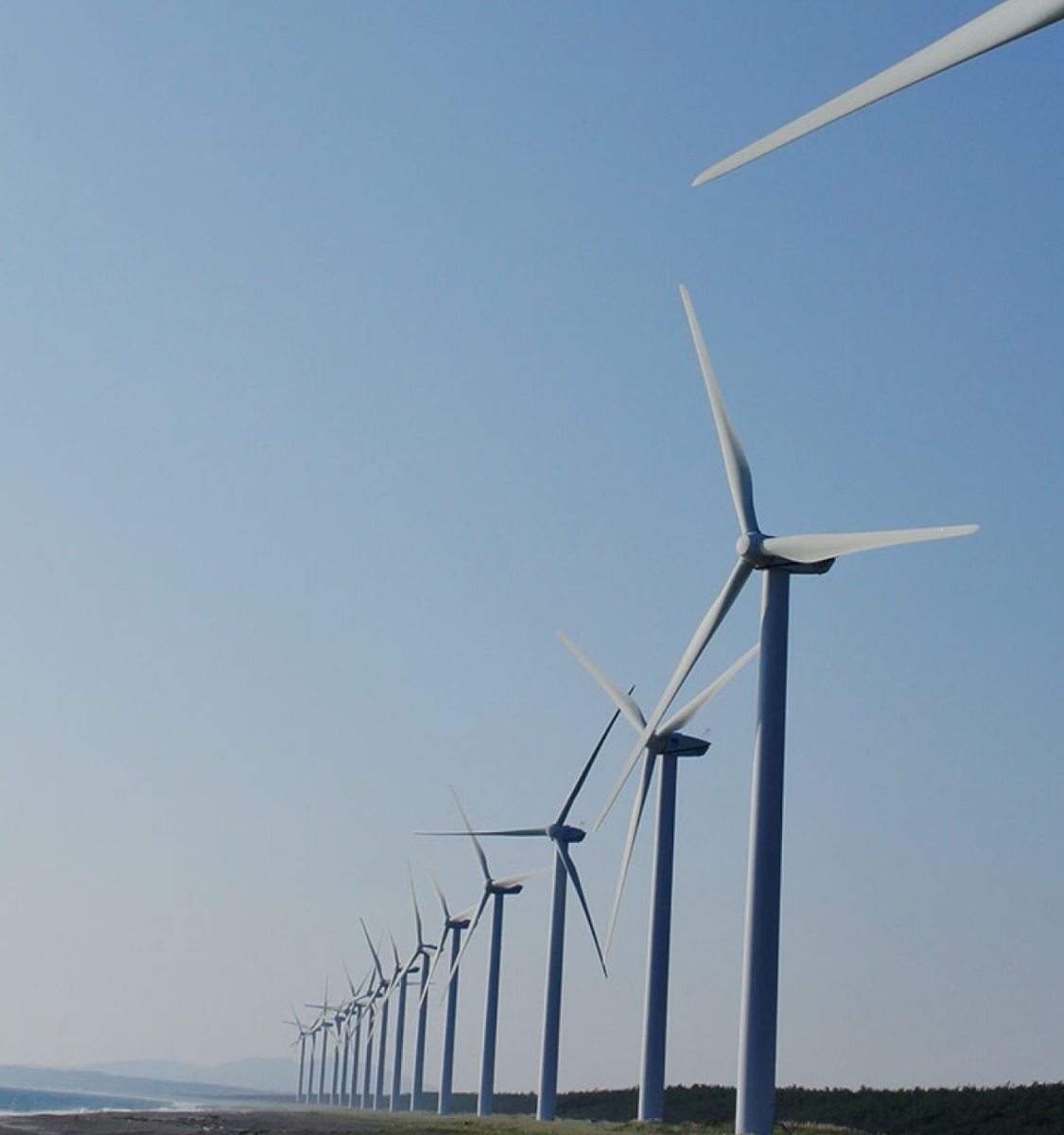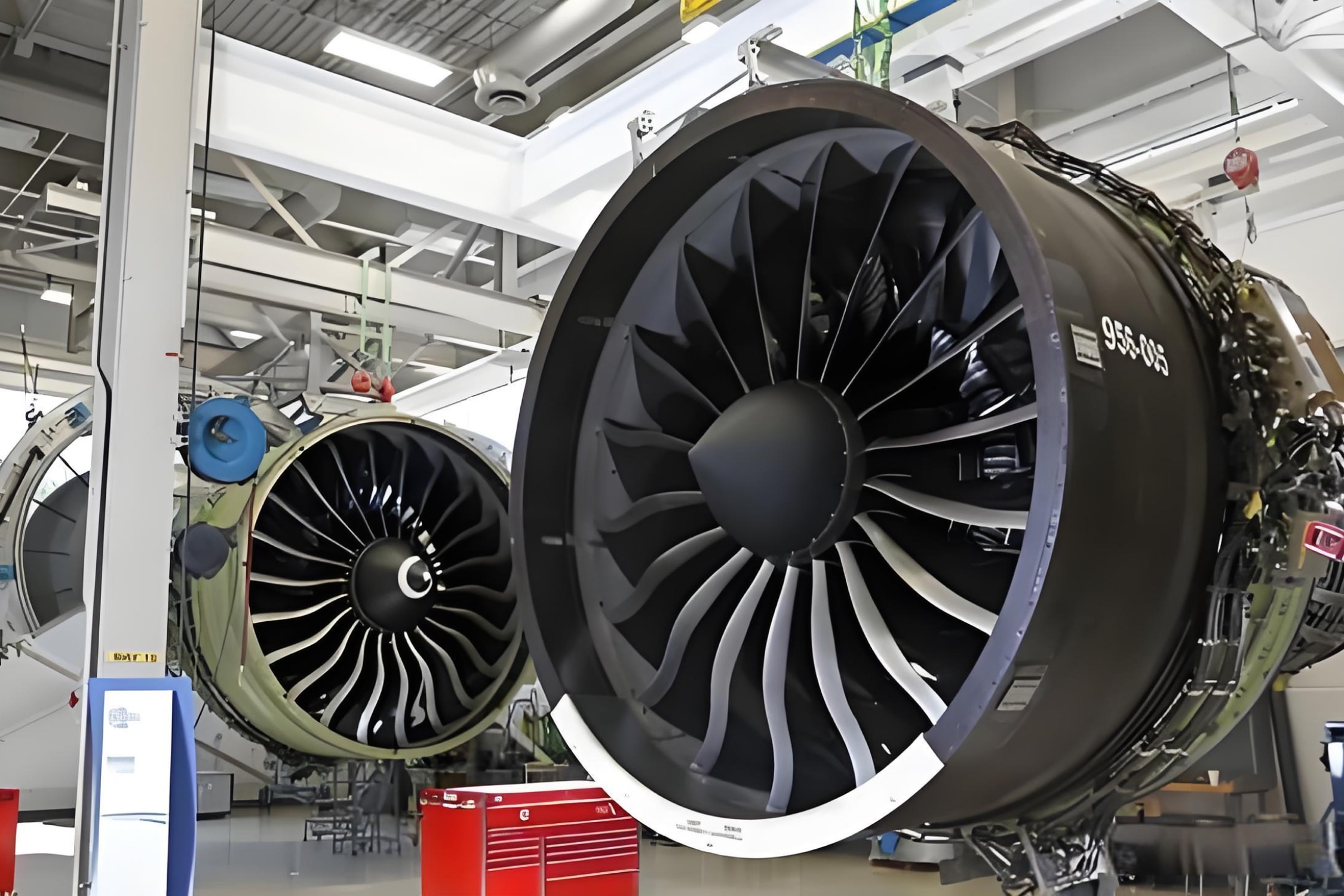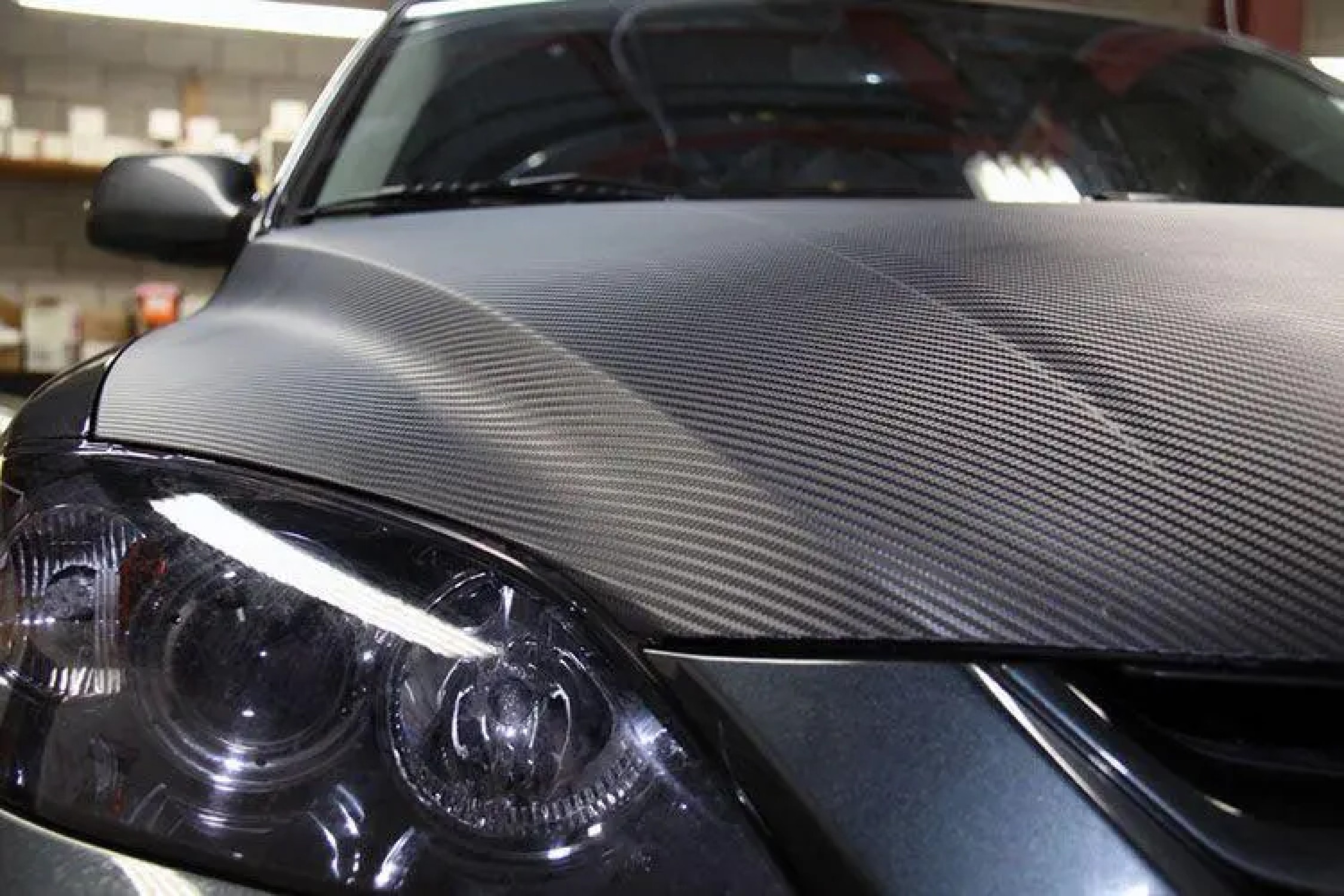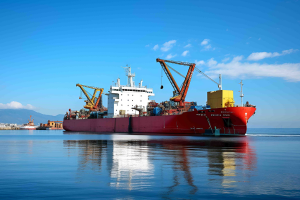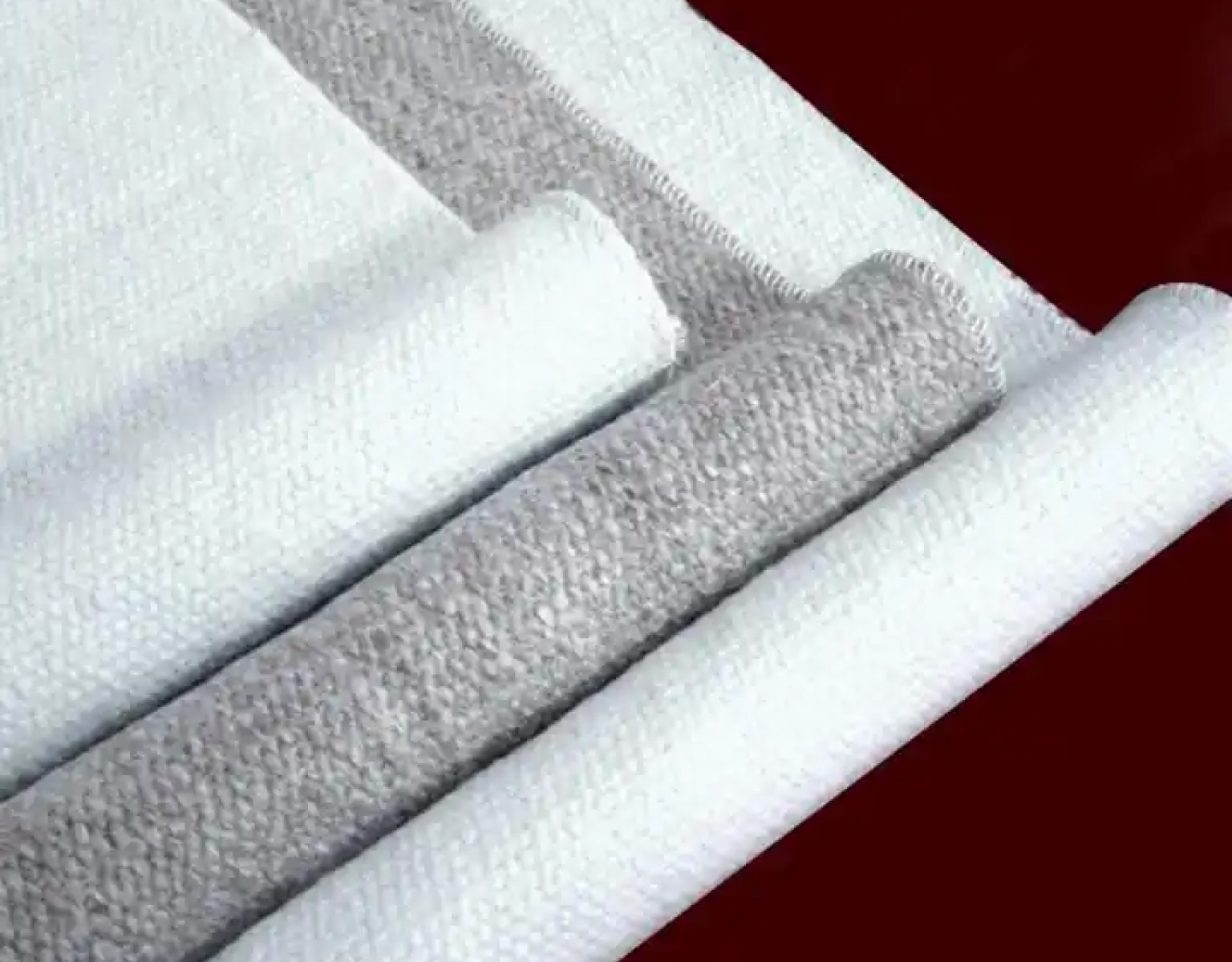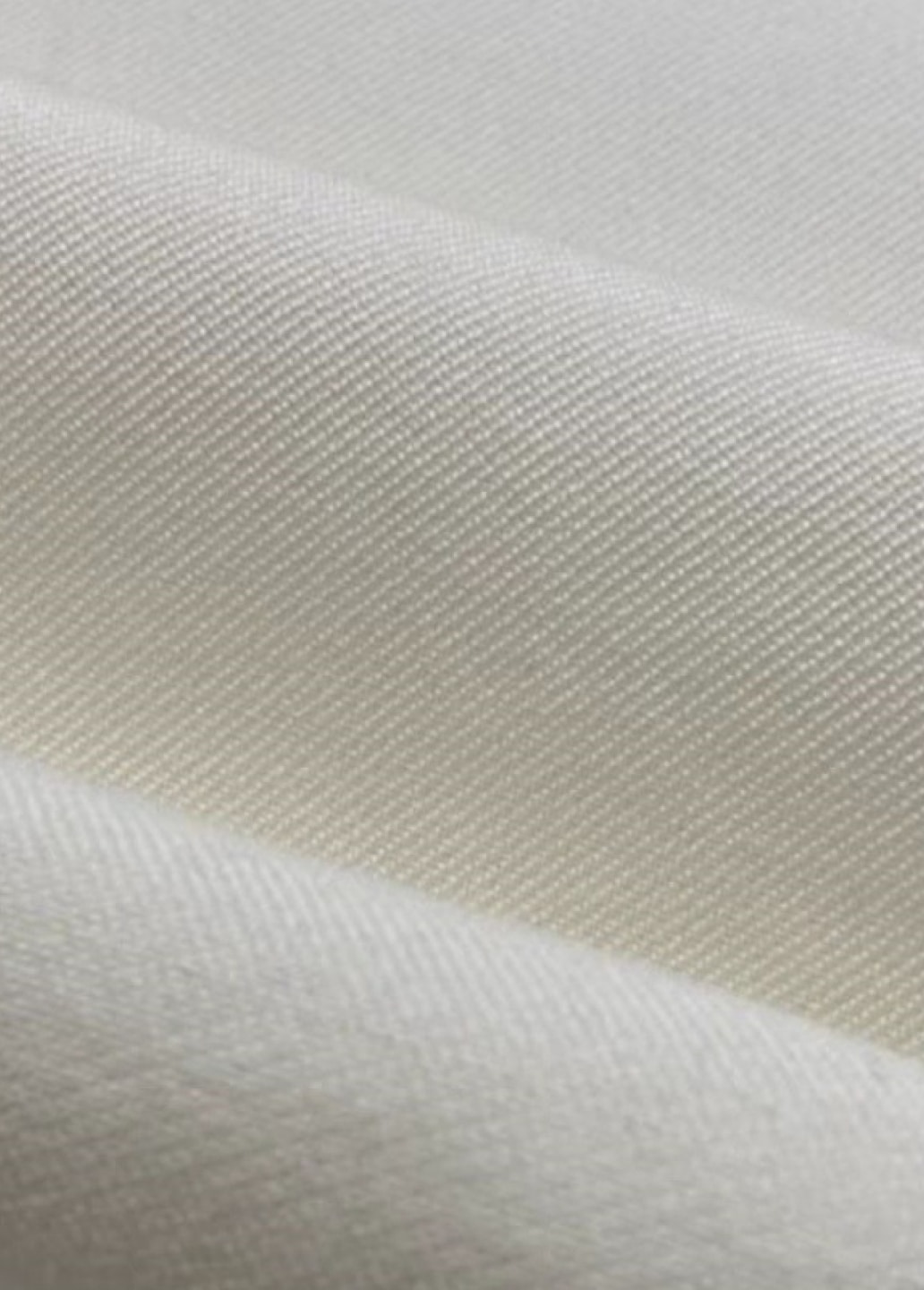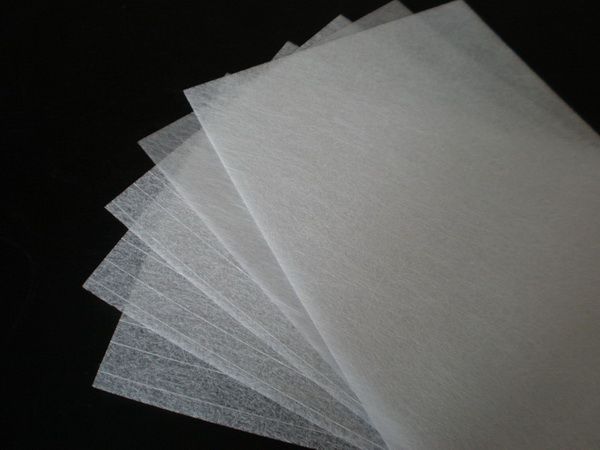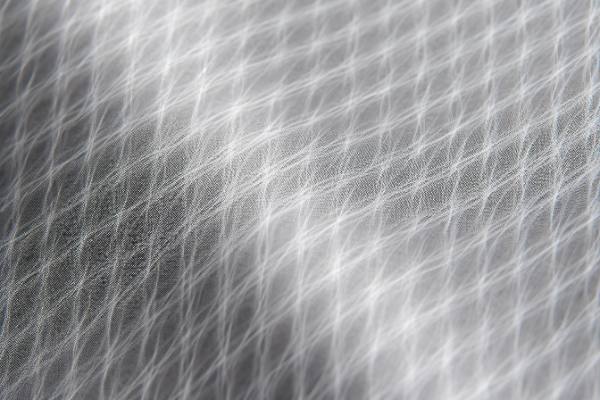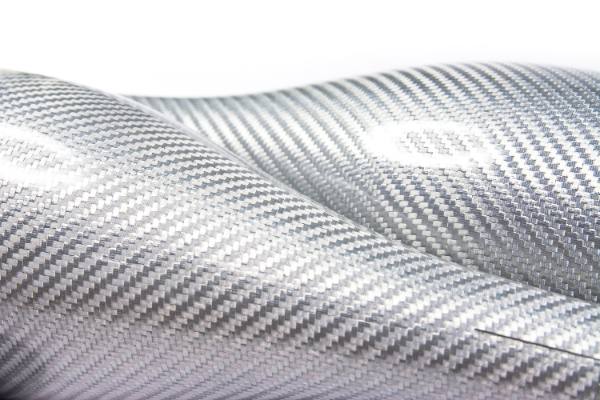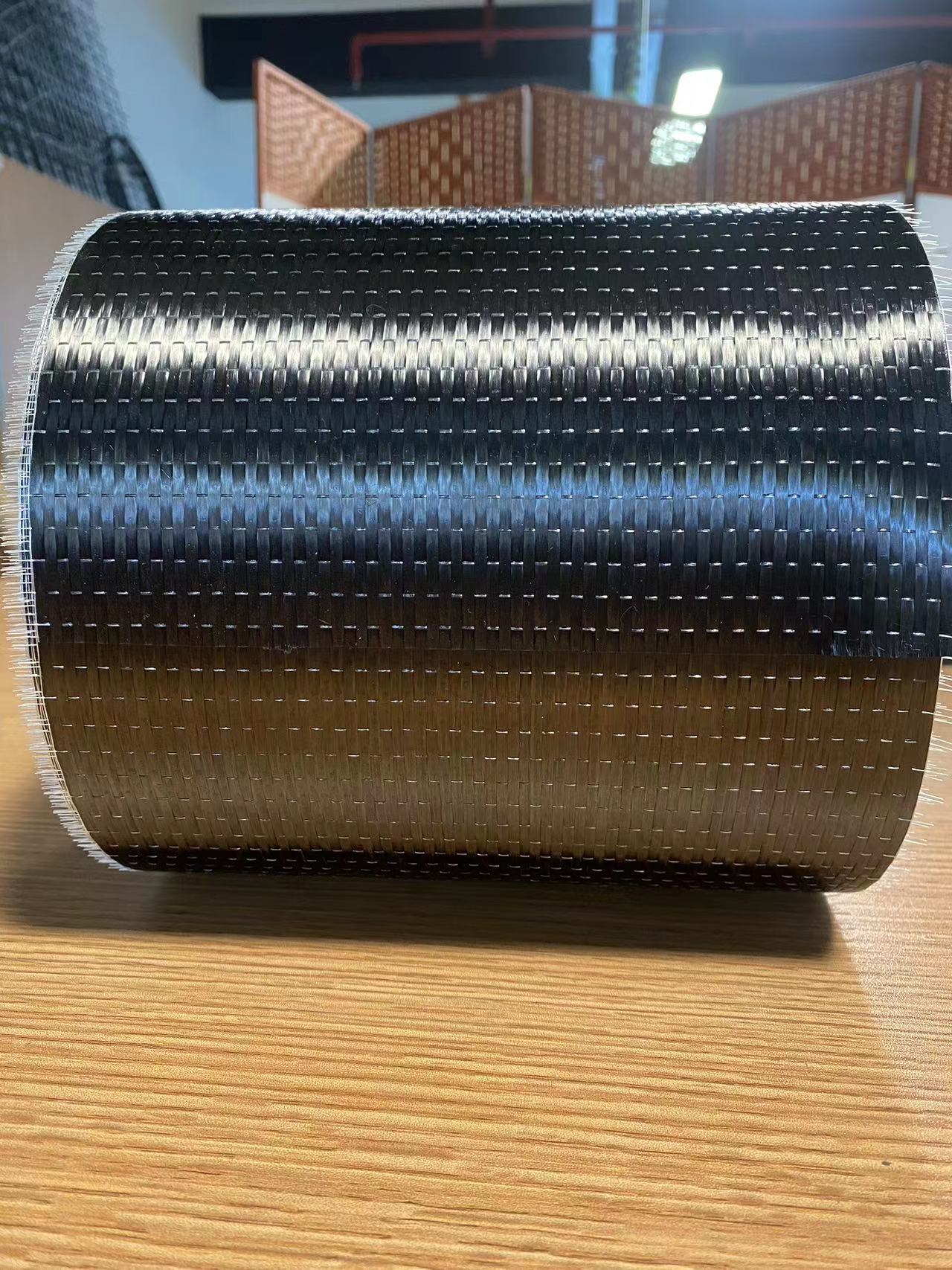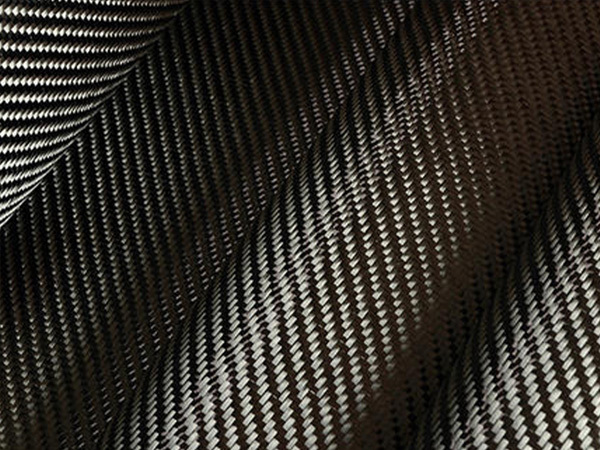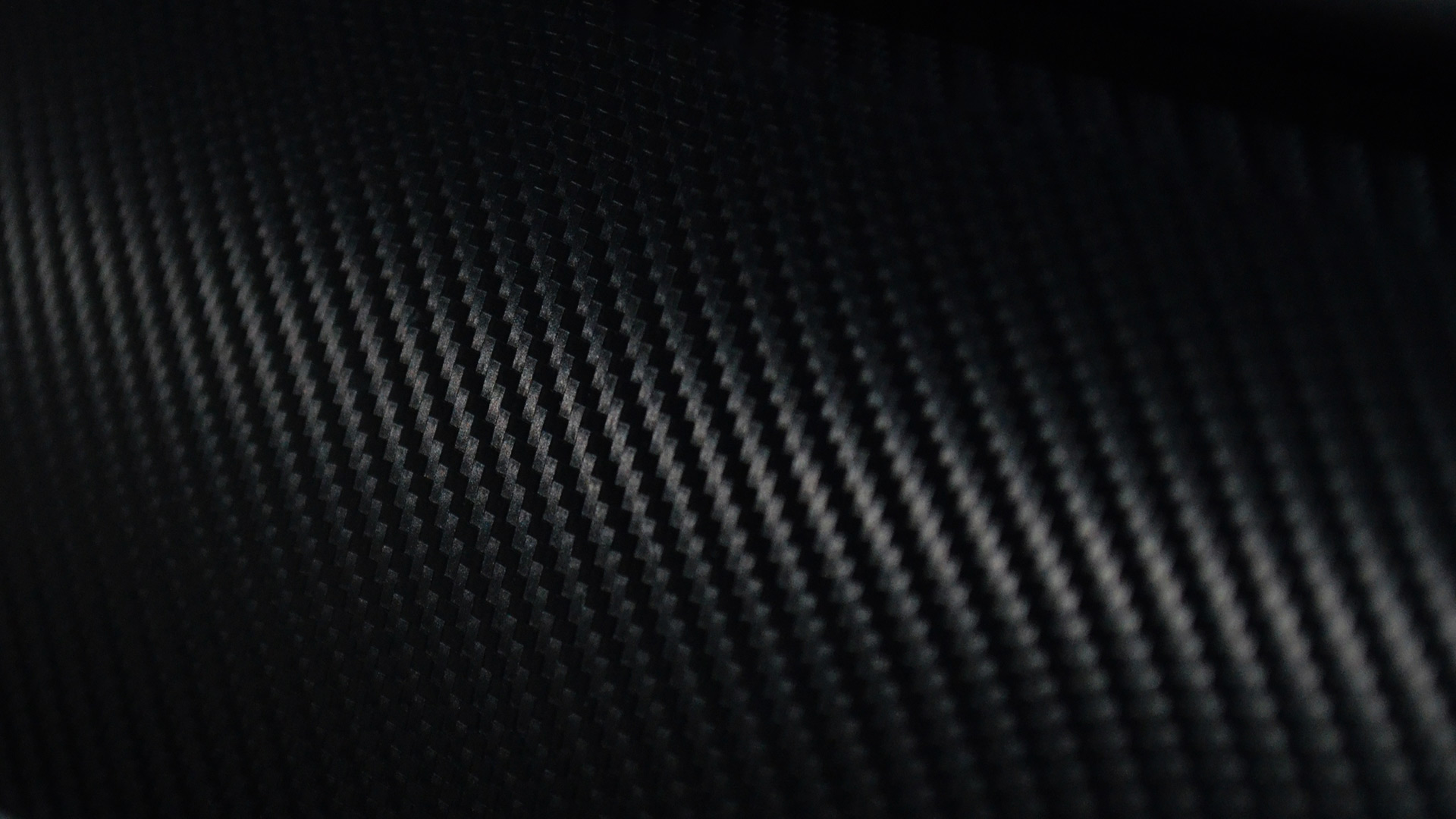+86-13732282311
merlin@xcellentcomposites.com
Let the world benefit from composite materials!
Fiber-reinforced composite for Marine

Fiber-reinforced composite for Marine
Marine fibreglass supplies provide durable and lightweight solutions for boat construction and repair. Fiberglass material for boats offers excellent resistance to water and corrosion, ensuring longevity and performance. Carbon fiber for boats enhances strength and reduces weight, making it ideal for high-performance marine applications.
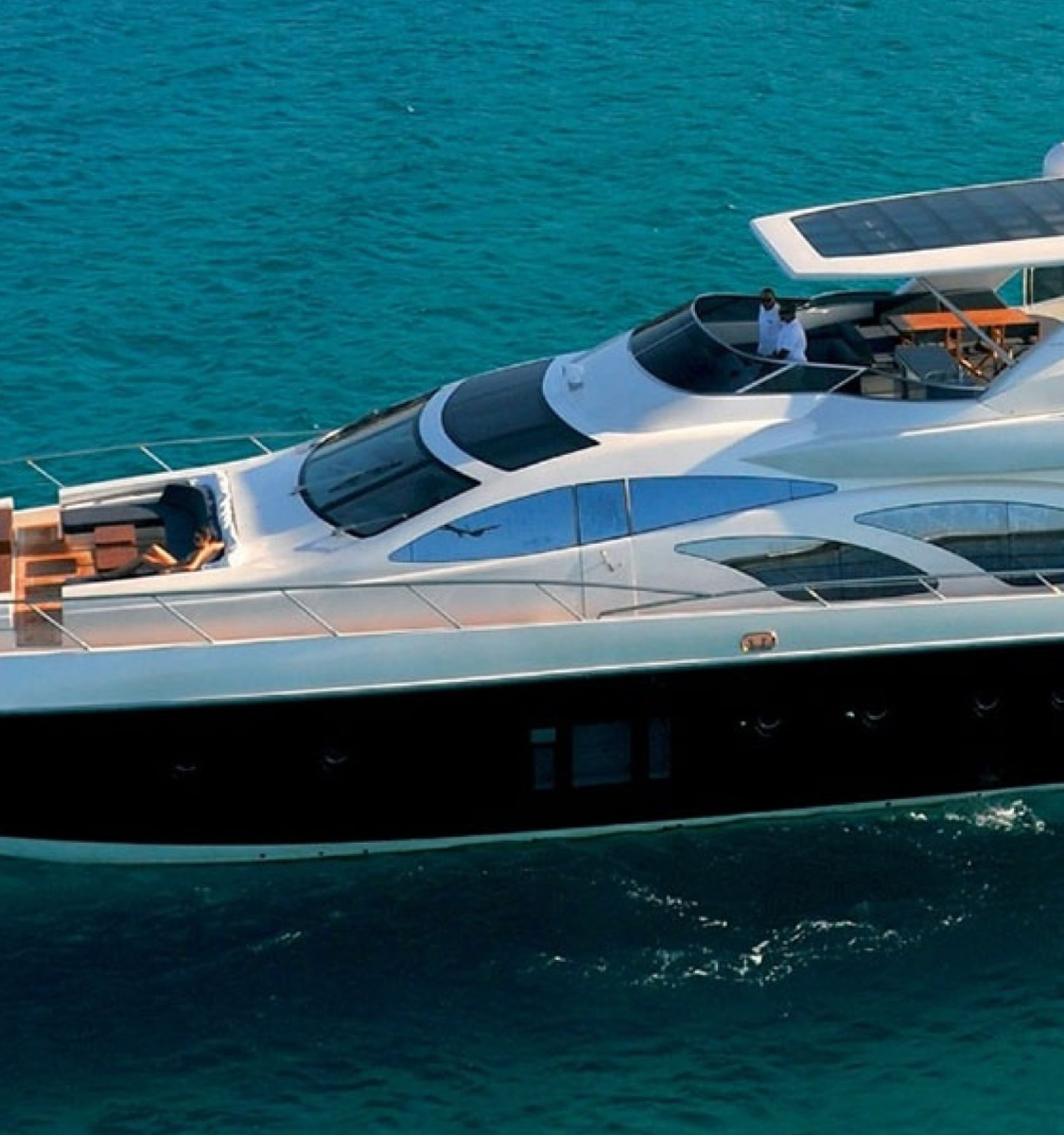
Fiber-reinforced composite for Marine
Marine fibreglass supplies provide durable and lightweight solutions for boat construction and repair. Fiberglass material for boats offers excellent resistance to water and corrosion, ensuring longevity and performance. Carbon fiber for boats enhances strength and reduces weight, making it ideal for high-performance marine applications.
Marine
Marine
Currently, both domestic and international shipbuilders and marine engineering developers are actively researching and applying fiber-reinforced composite materials, playing a crucial role in the fields of shipbuilding and marine engineering.
Currently, both domestic and international shipbuilders and marine engineering developers are actively researching and applying fiber-reinforced composite materials, playing a crucial role in the fields of shipbuilding and marine engineering.
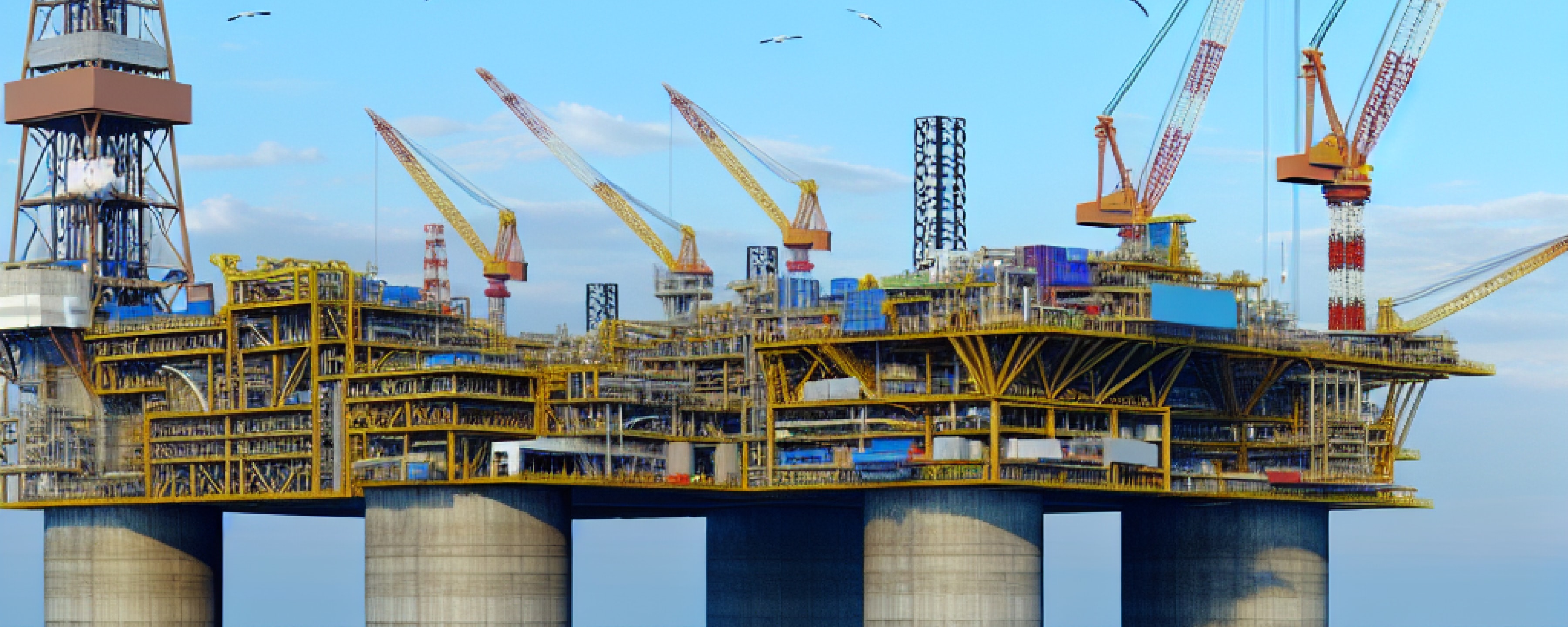

In the realm of civilian ships, fiberglass-reinforced resin fishing vessels are widely utilized, boasting exceptional mechanical properties and a lightweight nature compared to traditional wood and metal materials. They also exhibit superior resistance to saltwater corrosion and provide excellent thermal insulation. Vessels constructed with fiberglass-reinforced resin can be molded seamlessly, enhancing ship speed, reducing fuel consumption, and offering high specific strength and a low center of pressure, ensuring stability and wind resistance. From an economic standpoint, their lightweight quality, low drag, reduced fuel consumption, corrosion resistance, and anti-aging characteristics contribute to an extended operational lifespan.
In the domain of yachts, known for their recreational maritime purposes, durability and safety are paramount. Early composite material yachts primarily employed fiberglass-reinforced resin; however, due to inadequate stiffness performance and concerns regarding carcinogenic substances, more advanced composite materials such as carbon fiber and epoxy resin composites are increasingly being adopted today.
Military vessels have stringent requirements for basic material performance as well as high standards for factors like electrical, magnetic, and acoustic properties. Fiber-reinforced composite materials can meet these demands and are thus garnering significant attention. For instance, the non-magnetic characteristic of fiberglass-reinforced resin can reduce the magnetic triggering rate of underwater mines. Additionally, the use of specialized carbon fiber composite materials can reduce vessel weight, enhance overall strength and impact resistance, ensuring maneuverability and stealth capabilities.
In the realm of civilian ships, fiberglass-reinforced resin fishing vessels are widely utilized, boasting exceptional mechanical properties and a lightweight nature compared to traditional wood and metal materials. They also exhibit superior resistance to saltwater corrosion and provide excellent thermal insulation. Vessels constructed with fiberglass-reinforced resin can be molded seamlessly, enhancing ship speed, reducing fuel consumption, and offering high specific strength and a low center of pressure, ensuring stability and wind resistance. From an economic standpoint, their lightweight quality, low drag, reduced fuel consumption, corrosion resistance, and anti-aging characteristics contribute to an extended operational lifespan.
In the domain of yachts, known for their recreational maritime purposes, durability and safety are paramount. Early composite material yachts primarily employed fiberglass-reinforced resin; however, due to inadequate stiffness performance and concerns regarding carcinogenic substances, more advanced composite materials such as carbon fiber and epoxy resin composites are increasingly being adopted today.
Military vessels have stringent requirements for basic material performance as well as high standards for factors like electrical, magnetic, and acoustic properties. Fiber-reinforced composite materials can meet these demands and are thus garnering significant attention. For instance, the non-magnetic characteristic of fiberglass-reinforced resin can reduce the magnetic triggering rate of underwater mines. Additionally, the use of specialized carbon fiber composite materials can reduce vessel weight, enhance overall strength and impact resistance, ensuring maneuverability and stealth capabilities.
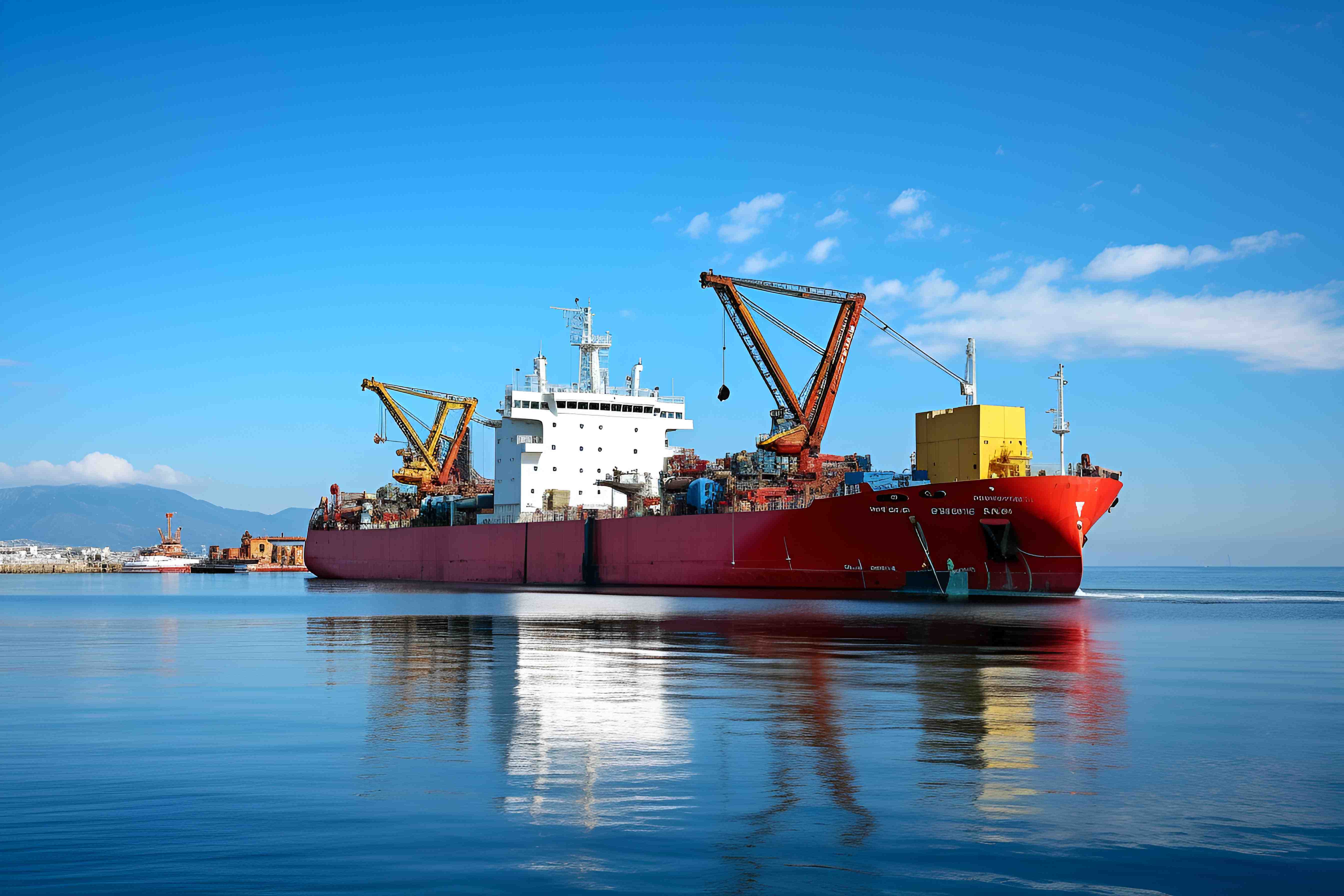

In terms of marine propulsion equipment, carbon fiber-reinforced epoxy resin is employed in manufacturing ship propeller blades, effectively managing propeller weight and optimizing overall power performance. Furthermore, utilizing carbon fiber composite materials can replace traditional materials, reducing vessel weight and mitigating issues related to corrosion from seawater.
Within the offshore oil and gas industry, fiberglass-reinforced resin is not only cost-effective but also demonstrates resistance to seawater corrosion, making it widely used in low-pressure pipelines on offshore drilling platforms. Although slightly more expensive, carbon fiber-reinforced composite materials find extensive applications in critical components due to their outstanding physical and chemical properties. Moreover, carbon fiber-reinforced composite materials are utilized in mooring lines and oil transmission risers on marine platforms due to their lightweight nature, ease of installation, and extended service life, thus promoting widespread use in the field of mooring lines and risers for offshore oil platforms.
In terms of marine propulsion equipment, carbon fiber-reinforced epoxy resin is employed in manufacturing ship propeller blades, effectively managing propeller weight and optimizing overall power performance. Furthermore, utilizing carbon fiber composite materials can replace traditional materials, reducing vessel weight and mitigating issues related to corrosion from seawater.
Within the offshore oil and gas industry, fiberglass-reinforced resin is not only cost-effective but also demonstrates resistance to seawater corrosion, making it widely used in low-pressure pipelines on offshore drilling platforms. Although slightly more expensive, carbon fiber-reinforced composite materials find extensive applications in critical components due to their outstanding physical and chemical properties. Moreover, carbon fiber-reinforced composite materials are utilized in mooring lines and oil transmission risers on marine platforms due to their lightweight nature, ease of installation, and extended service life, thus promoting widespread use in the field of mooring lines and risers for offshore oil platforms.

Get In Touch With Us!
To know more about our composite products and solutions, contact our experts! Here is how you can reach us.

Get In Touch With Us!
To know more about our composite products and solutions, contact our experts! Here is how you can reach us.
Popular Composite Materials
Popular Composite Materials
Related Composite Materials Industries
Related Composite Materials Industries
Composites Knowledge Hub
Composites Knowledge Hub

